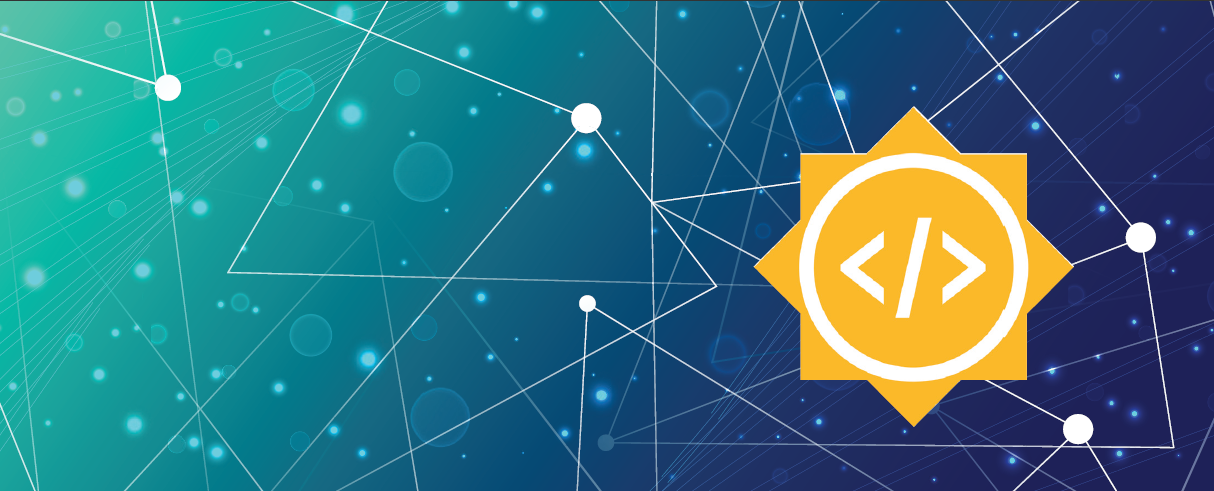52°North Student Innovation Challenge 2024
Win 2.500 € for an innovative proof of concept!
The 52°North Student Innovation Prize has a long history of creative concepts developed and implemented by students. This year we provide a pre-defined problem statement while allowing students to be creative in the area of solution development.
52°North encourages interested students to submit a proposal. All proposals will be evaluated. The top two proposals will be given the opportunity to implement the proposed concept and win the prize. The result of the implementation phase will be software released under an Open Source license.
Problem statement
We have identified a problem that addresses the pain points of searchability in Research and Spatial Data Infrastructures (RDI/SDI). Search functionality in such systems is generally limited to a metadata-based approach. However, geospatial data – whether vector or raster based – provide a lot of interesting data that currently can only be identified by looking at the individual dataset. The challenge of this year’s Innovation Prize is to develop a concept and a possible implementation that allows searching within datasets of and RDI/SDI, e.g. on the attribute level. Many interesting aspects have to be considered: technical solutions, taxonomies and semantics, language/i18n, searching in raster data, and many more.
The research software engineers at 52°North have prepared a set of user stories and features that have been identified in the project work over the last few years. These user stories provide details on the initial problem statement and related specifics. They define a rough catalog of features, but are not intended to cover all of them. Nor should they limit the scope of a proposal. The user stories are organized into a GitHub project:
https://github.com/orgs/52North/projects/7
What do we expect from a proposal?
Your proposal should identify and address technology challenges through in-depth research and propose potential solutions. Try to demonstrate a comprehensive understanding of the problem, architecture, components, and protocols. In addition, explore potential additional benefits that could result from the overall architecture. Feel free to introduce your innovative ideas or alternative solutions and concepts to enrich your proposal. It’s important to consider a realistic plan that takes into account the given circumstances, such as the timeframe and allocated hours. Throughout the proposal submission process, we encourage active engagement and collaboration by asking questions and sharing your thoughts on specific aspects using GitHub issues. This collaborative approach ensures a dynamic and transparent exchange of ideas among the proposing students in the project. You should use this GitHub repository:
https://github.com/52North/innovation-prize/issues
Timeline
- Proposal submission deadline: April 22, 2024
- Notification of selected proposals: May 2, 2024
- Implementation deadline: August 31, 2024
Conditions for applications
- Student: You must be enrolled as a BSc, MSc, or PhD student.
- Workload: We expect a workload of about 180 hrs.
- Availability: Make sure you can allocate the appropriate amount of time to complete the project.
Prize
52°North invites students of Geoinformatics, Informatics or related fields to submit a proposal that outlines the project idea, emphasizes its innovative quality and convincingly describes its feasibility, practical use, as well as expected outcome. Up to two strong proposals will then be invited to implement a proof of concept. Upon successful completion of the project(s) (including a working proof of concept implementation), the proposal(s) will be awarded 2.500,- EUR.
How/What to submit*
The challenge is to compose a project proposal and implement a proof of concept which addresses searchability in Research and Spatial Data Infrastructures (RDI/SDI). The proposal should be approximately 5 pages (2500 words) written in English or German. The following criteria apply. It must:
- describe the problem statement in your own words
- provide a description of your concept
- describe the project goals
- describe the proposed solution – technical approach & feasibility, implementation
- include a work plan/road map/implementation plan
- include some references to software that you have worked on (e.g., GitHub repositories)
*see Guidelines


